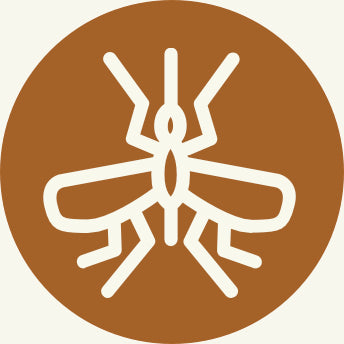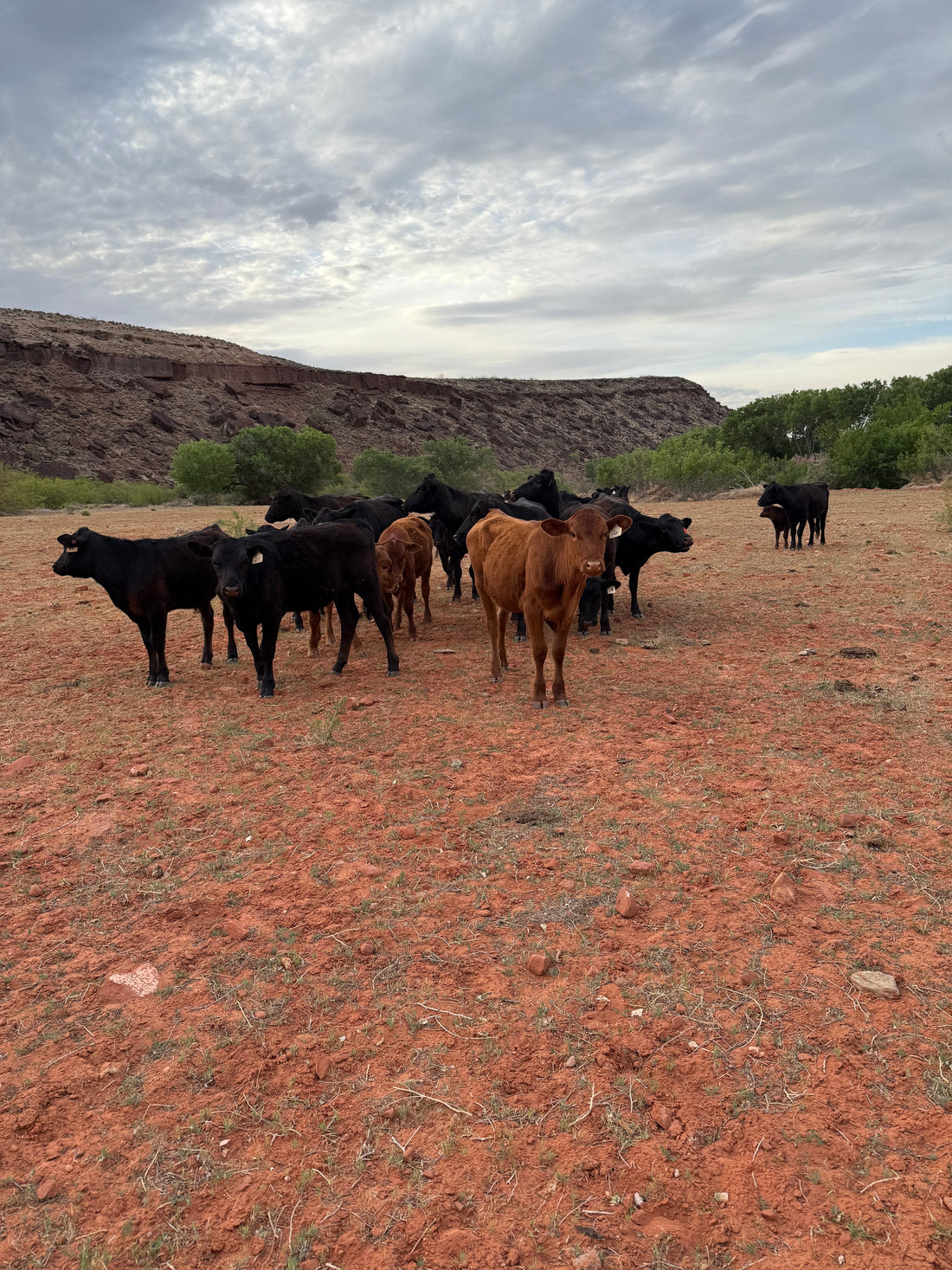Rabies is a deadly virus that affects both humans and animals, including the Paiute Tribe and their livestock. Understanding the effects of rabies in this community is crucial for prevention and treatment.
What is Rabies and How Does it Spread?
Rabies is a viral disease that causes inflammation of the brain in mammals. It is typically spread through the saliva of an infected animal, usually through a bite. Once symptoms appear, rabies is almost always fatal.
Effects on the Paiute Tribe
For the Paiute Tribe, rabies poses a significant threat to both their health and their animals. Due to their close relationship with livestock, the risk of exposure to rabid animals is higher. In addition, limited access to healthcare facilities can make it challenging to receive timely treatment.
Prevention and Control Measures
Preventing rabies in the Paiute Tribe and their animals involves vaccination programs for both humans and livestock. Educating the community about the importance of seeking medical attention after a potential exposure is also crucial. By implementing these measures, the risk of rabies transmission can be significantly reduced.
Signs and Symptoms
In humans, early symptoms of rabies can include fever, headache, and weakness. As the disease progresses, more severe symptoms such as confusion, paralysis, and hallucinations may occur. In animals, signs of rabies can vary but may include aggression, excessive drooling, and difficulty swallowing.
Seeking Treatment
If a member of the Paiute Tribe or one of their animals is bitten by a potentially rabid animal, it is essential to seek medical attention immediately. Post-exposure prophylaxis, which includes a series of vaccines, can prevent the onset of rabies if administered promptly.
Overall, the impact of rabies on the Paiute Tribe and their animals is significant. By raising awareness, implementing prevention measures, and seeking timely treatment, the community can work towards reducing the risk of rabies transmission and protecting their health and well-being.
Utah Health Department

